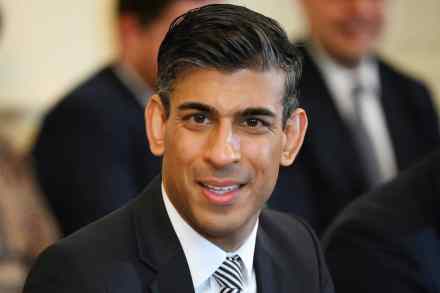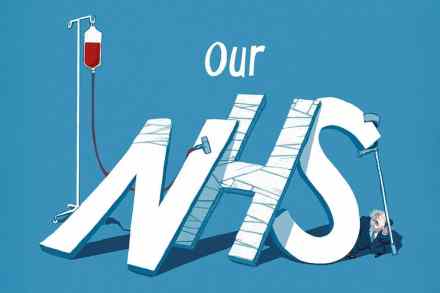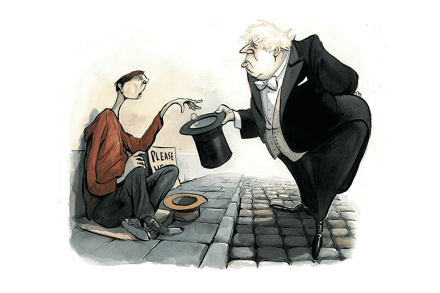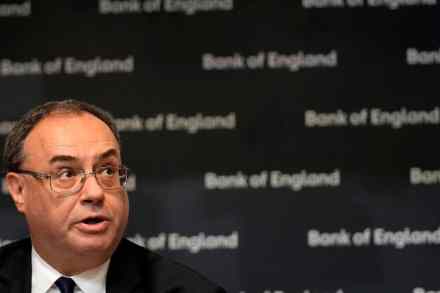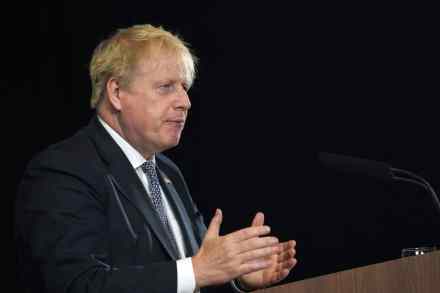The economic battle between Sunak and Truss
The Tory grassroots have got themselves a real economic debate this summer: Rishi Sunak’s ‘Thatcherite’ economic philosophy vs Liz Truss’s ‘Reaganite’ plans to boost growth. It’s not the most obvious distinction, given the former prime minister and president were great free-market allies. Both also cut tax. But it’s about the order of priorities: like the









